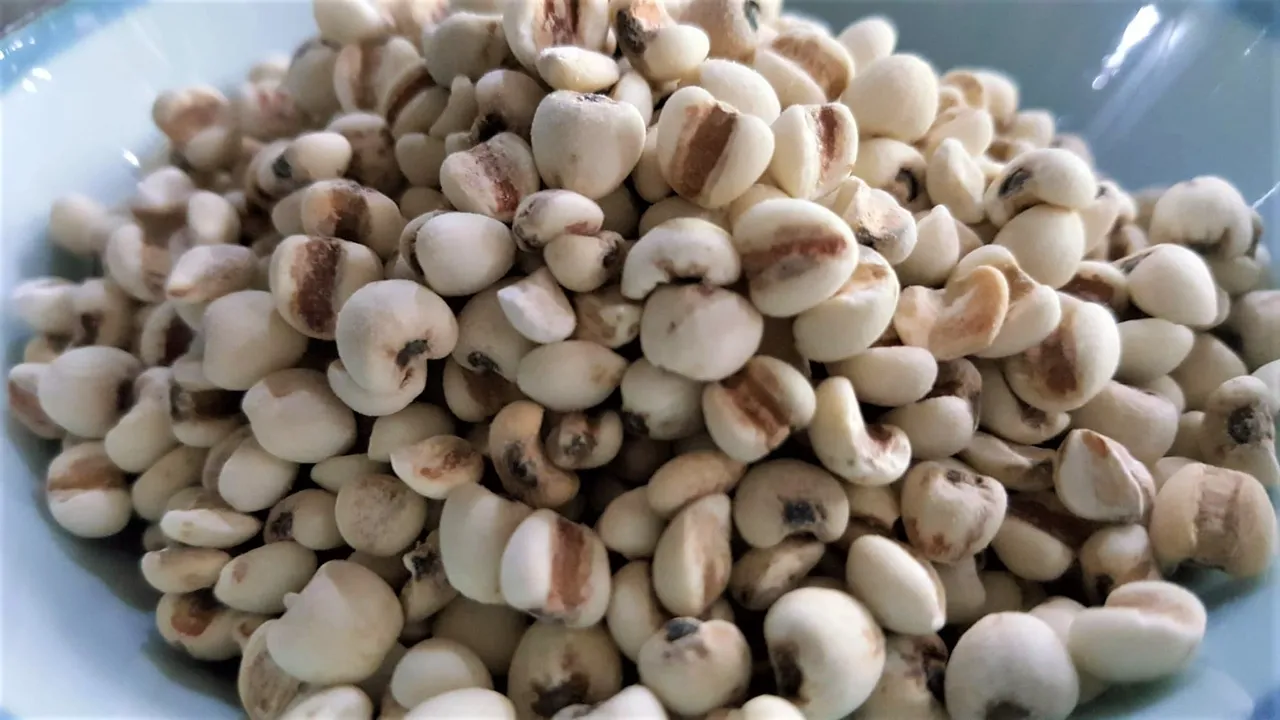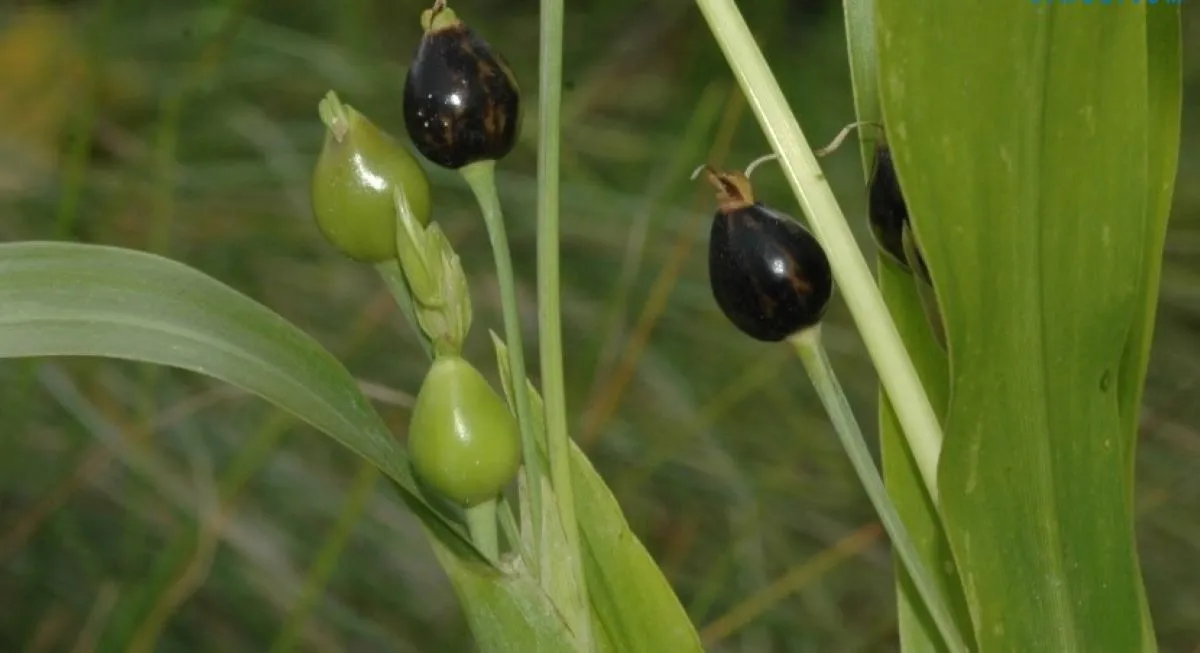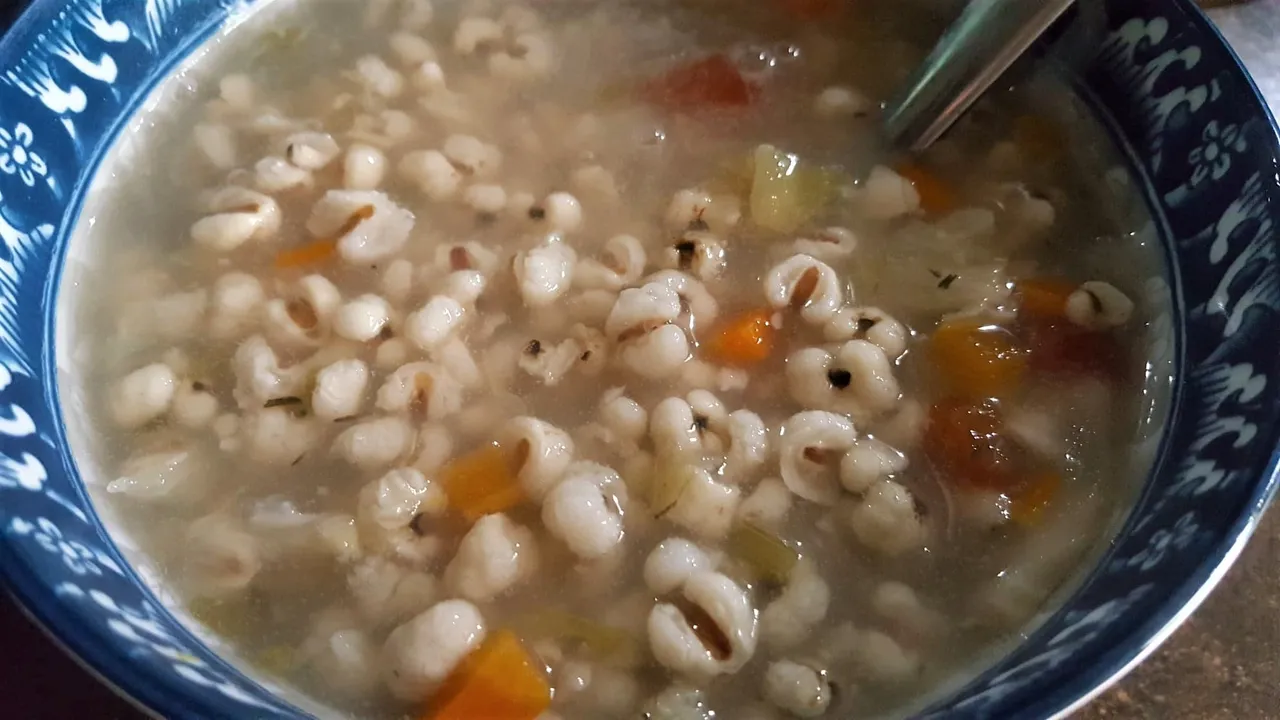Cooking for someone post-operatively is always a challenge, but especially so when they've had major abdominal surgery affecting the stomach and/or the bowel.
The last weeks I have found myself unexpectedly assisting an older American woman who lives here alone in Chiang Mai. What started out for her as a tummy ache, constipation and bloating rapidly escalated to a strangulated bowel with serious infection requiring life saving emergency surgery & the removal of several feet of her bowel . Her very, very limited finances meant she ended up in the local Thai public hospital in a special ward for displaced and poor people, and in that part of the hopsital very few people speak or understand English. Which is how I got involved in helping her, since I speak fluent Thai and the hospital is only 10 mins from our home here in Mae Rim, Chiang Mai. You can read more about that story here: Do YOU Have A Plan B If The Balancing Act Fails?.
But FFWD and she was discharged from hospital and back to her little house on the fringes of Chiang Mai with her cat. But she's too weak to cook for herself and not able to eat locally made spicy or stir fried foods; she's lost a considerabe amount of weight not eating at all for almost 7 days.
Since her home is only a 5 minute detour from my x 2 daily school run, I have been popping in to make sure she has food and is managing ok. And thus I started to cook for her, since her one banana a day wasn't adequate and the yoghurt someone bought her was seriously upsetting her stomach.
So what to cook for her??
My go-to recovery & high protein gut health food is Jobs Tears.

Jobs Tears are not a grain, per se, but the seeds of a tropical grass. Coix seeds to be exact - botanically Coix lacryma-jobi. They grow easily in South East Asia and require very little water to grow. Known as yì rén (薏仁) or yì mǐ (薏米), they are a Chinese medicine TCM staple and thrive in the more arid mountains of southern China. Originating in India, Jobs Tears are now commonly also grown in Japan, the Philippines, Burma and Northern Thailand. Jobs Tears are a gluten free seed and making quite a foodie comeback, often touted in expensive western health food establishments as an ancient grain.
 Image credit: https://www.healthbenefitstimes.com
Image credit: https://www.healthbenefitstimes.com
Jobs Tears are very similar to barley in look, taste and texture, but not the same. Some people do refer to is as asian barley. The seeds are distinctly plump and round, whereas a barley grain is definitely pointy on both ends.
So what's the big deal about Jobs Tears?
Allergies. Traditionally Job’s Tears are used to deal with allergies, including topical formulations for contact dermatitis. Research published within the “Journal of Agricultural and Food Chemistry” in June 2003 discovered that extracts from the plant also suppressed allergy symptoms in laboratory mice and increased their immune systems. Source
Gut Protection. A June 2011 study within the “Journal of Agricultural and Food Chemistry” discovered that Job’s Tears seeds inhibited gastric cancer cells in vitro and were also capable to reduce stomach ulcers in mice. Source.
High Protein. Jobs Tears are a brilliant alternative to grains, not only since they are filling and calming for gut inflammation, but becasue they are packed with protein.
One serving (50 g or 1/3 cup of uncooked Job’s Tears) has 190 calories, 33 g of carbohydrate, 7.5 g of protein, 5.7 g of fiber. Compared to long-grain white rice (which has 205 calories, 45 g of carbohydrate, 4 g of protein, 1 g of fiber), Job’s Tears is notably lower in sugar, higher in protein, higher in fiber, and higher in micronutrients; especially iron, copper and manganese. The higher protein levels may increase satiety, which means you will feel full for longer. Source
Bone health. A study published in 2008 in the “Asia Pacific Journal of Clinical Nutrition” discovered that Job’s Tears improved osteoporosis biomarkers in the blood of the mice when compared with a control group. Source
Hormone Balance. Jobs Tears have been found to help regulate the body's levels of progesterone and testosterone. The December 2000 issue of the “Journal of Traditional Chinese Medicine,” reported that painful menstrual symptoms were decreased 90% by refular consumption of Jobs Tears compared to a control group treated with prescription drugs. Source.
Cancer Treatment.
A number of research teams in China have analyzed the effects of Job’s Tears on cancers of the colon, pancreas, lung, liver, breast as well as leukemia, along with promising results. One research, published within the “Journal of Ethnopharmacology” in September 2008, found extracts of Job’s Tears considerably inhibited fatty acid synthase activity within the liver. This is very important simply because human cancer cells consist of higher levels of fatty-acid synthase, an element associated with intense tumor cell growth. Source.
Did I mention Jobs Tears are absurdly cheap?
So how do I prepare them? In this coming week I'm going to do another recipe post about my way of making a hearty & filling tasty Asian salad based on Jobs Tears. But for my sick friend, I made a simple, nourishing soup.
I used my slow cooker overnight. 1 cup of rinsed Jobs Tears, a few leftover bits of veggies (tomato, carrot, celery & celery greens), a small chopped onion and some garlic. Salt & fresh cracked pepper and a teaspoon of dried thyme. Fill it up with water and go to bed. 😊
It was fragrant, thick & ready when I got up and still warm when I dropped it off at 8.30am to my sick friend.

Simple, soothing to the gut, filling, nutrious, inexpensive and a perfect natural medicine food.
Have you ever cooked Jobs Tears?


Get Your FREE Hive Account

